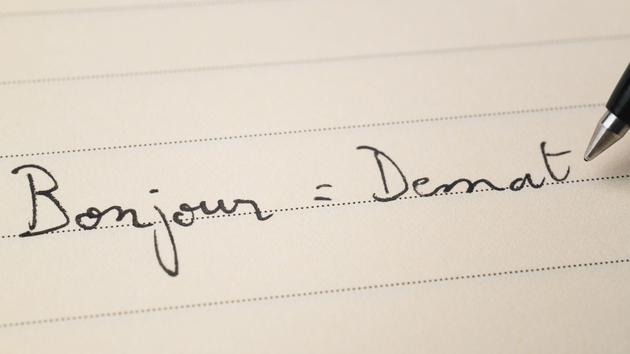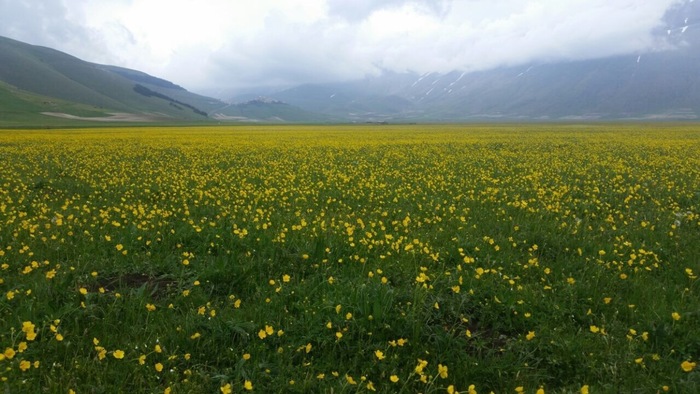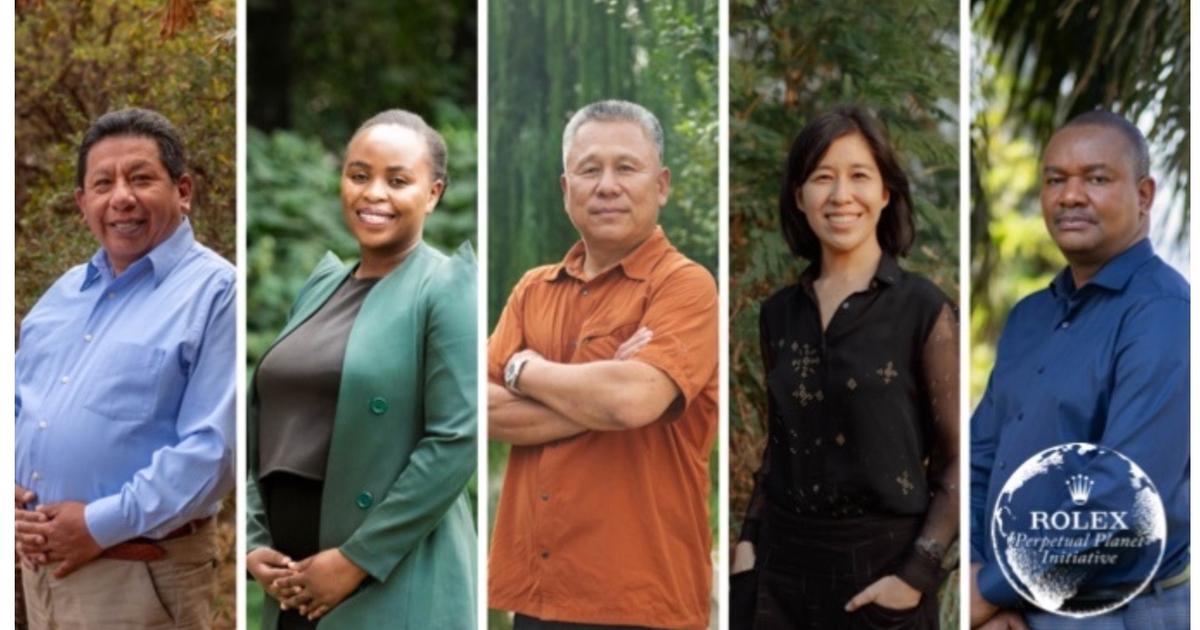Gaid Evenou is a specialist in linguistic diversity and language teaching.
To discover
Michel Houellebecq: "A civilization which legalizes euthanasia loses all rights to respect"
At a historic time when, at the end of heated debates, the bill on the heritage protection of regional languages and their promotion, carried by the Breton deputy Paul Molac, has just been adopted, it seems useful to us to recall all the beneficial issues of a linguistic and educational policy favorable to plurilingualism and in particular to minority and regional languages.
First of all, from a didactic point of view, let us remember that all bilingualism, whatever the languages it is composed of, is structuring, and today we know the advantage that constitutes for the individual the fact of having been exposed to several languages from the cradle.
Indeed, each language has its own way of interpreting the world, and growing up with two or more mental representation systems promotes flexibility and creativity of thought.
In addition, bilingual children will early develop their metalinguistic awareness (the ability to reflect on language as an object.) The skills developed thus make it possible to acquire more quickly and to better master new languages, throughout the course of the year. life, in a school setting or not.
In the context of bilingual or immersive education in regional languages, the pupils of these courses consequently display better results than the children of monolingual courses in the different modern languages studied, but also in French, which goes from self.
"Whoever does not know other languages knows nothing of his own"
Goethe, Maxims and reflections
Certainly, at the time of the Jules Ferry laws and the establishment of the School of the Republic, free, secular, compulsory, and only in French, the official discourse, often carried by the teachers, was that the regional languages, treated as gibberish or patois, hindered the proper learning of French and hampered access to education.
However, this doctrine, which has long endured as much in France as in its distant colonies, has long been refuted by psycholinguists and language educators: the latter agree, however, on the fact that depriving a child of his mother tongue can have unfortunate consequences at the cognitive and therefore school level ...
The early study of a regional language therefore obviously has positive repercussions on French language skills: if for a long time it was thought that it was necessary to stifle the regional language in order to train good French speakers, we now know that it is t is certainly by training good bilinguals that we train better francophones.
The official language of our country is therefore in no way threatened by national cultural diversity, quite the contrary.
This is why today the demand from parents for bilingual and immersive courses is on the rise, let us stress that it does not systematically emanate from sympathizers of regional cultures: many parents wish to offer this course to their children in any knowledge of the various cognitive and cultural benefits from which they can benefit ... throughout their lives, because early bilingualism, which is very formative at the cognitive level, bears fruit throughout life.
But languages are not only linguistic structures, certainly extremely sophisticated, which allow us to communicate: they are much more, the vector of a culture, of an ancestral heritage, of oral traditions, of know-how (crafts, agricultural, botanical ...), a collective memory, the history of a people, artistic, literary, but also social practices.
So many treasures whose transmission is only guaranteed if the language is transmitted.
This is how the linguistic break that marked the regional languages of France, from free and compulsory schooling but especially after the Second World War, has consequences that go far beyond a simple change. brutal language, often operated over three generations.
Regional language courses, even optional in a traditional course, provide the keys to understanding to open up to a reality that is always present but too often obscured.
In the name of the education, of the culture of our children, we have the right to wish that they have access to the history of their close ancestors, their customs, their history and their way of life, in order to better understand the world in the globalized cultural context that is ours today.
Let us take an example: today, the attraction of American culture being felt more and more, it is customary to see children, every October 31, going door to door to ask for candy, on the occasion of Halloween ... Isn't it legitimate to explain, to the little Bretons in particular, that Halloween is actually a centuries-old Celtic festival, admittedly imported by the Irish to the United States in the 19th century, but which was still celebrated, a few generations ago, in Brittany where this date marks the beginning of the new year, the meeting of the two worlds and the eternal recommencement, and that there are still traces of it today?
And what about the immense literature, oral but also written, left to us by regional languages, which we have too little opportunity to discover during a "classic" training, and which we do not? can taste all the flavor that by learning these languages: the rich Occitan literature of troubadours to Frédéric Mistral, or the
Barzhaz Breizh, a
collection of epic Breton songs that George Sand herself called "jewels" ... that to say again about all these toponyms which remain obscure in monolingual French when it often gives valuable information (historical, topographical, cultural…) to the initiate?
Regional language courses, even optional in a traditional course, provide the keys to understanding to open up to a reality that is always present but too often obscured.
Let us recall, moreover, that the international community adopted two treaties within the framework of UNESCO's work aimed at protecting this heritage and these expressions in the early 2000s: the Convention for the Safeguarding of the Intangible Cultural Heritage in 2003, and the Convention on the protection and promotion of the diversity of cultural expressions in 2005.
Speaking a regional language does not have the effect of withdrawing into oneself.
Contrary to what we often hear, speaking a regional language does not have the effect of withdrawing into oneself, quite the contrary.
Each language giving, in a way, a point of view on the world, plurilingualism is a real factor of openness.
There is a major stake in the preservation of linguistic diversity, which is to safeguard this plurality of points of view, because they enrich human thought;
conversely, the choice of a single language has the effect of reducing the richness of human thought.
It is therefore an issue of biodiversity and of safeguarding the heritage of humanity.
By promoting these languages, all of humanity is being served.
Because if the official language is often considered as the cement of the nation, it is a mistake to believe that the human being must lock himself in a monolithic and hermetic identity: it is natural to combine several identities, just as it is. natural, since the dawn of time, to juggle several languages.
Thus, today we can be both Alsatian, French, European ... Plurilingual students, speakers of minority languages that we train in immersive or bilingual courses in regional languages will on the contrary be the best defenders of social cohesion, because with such a background, they will spontaneously know how to create bridges between different cultures.
The adoption of the Molac Law is therefore a marvelous sign of hope for the future and the world of tomorrow:
"Those among them who can fully assume their diversity will serve as a" relay "between the various communities, the various cultures, and will play in a way the role of "glue" within the societies in which they live. "
(Amin Maalouf,
Murderous Identities
).












/cloudfront-eu-central-1.images.arcpublishing.com/prisa/KMEYMJKESBAZBE4MRBAM4TGHIQ.jpg)


